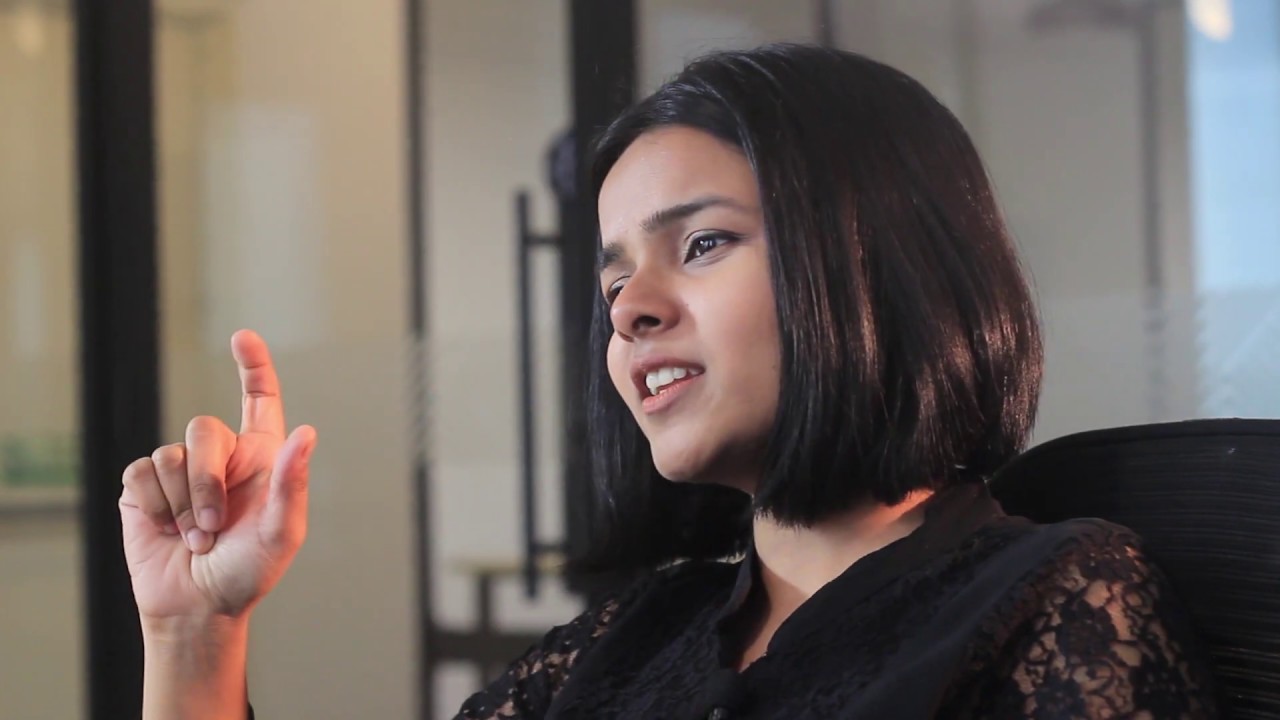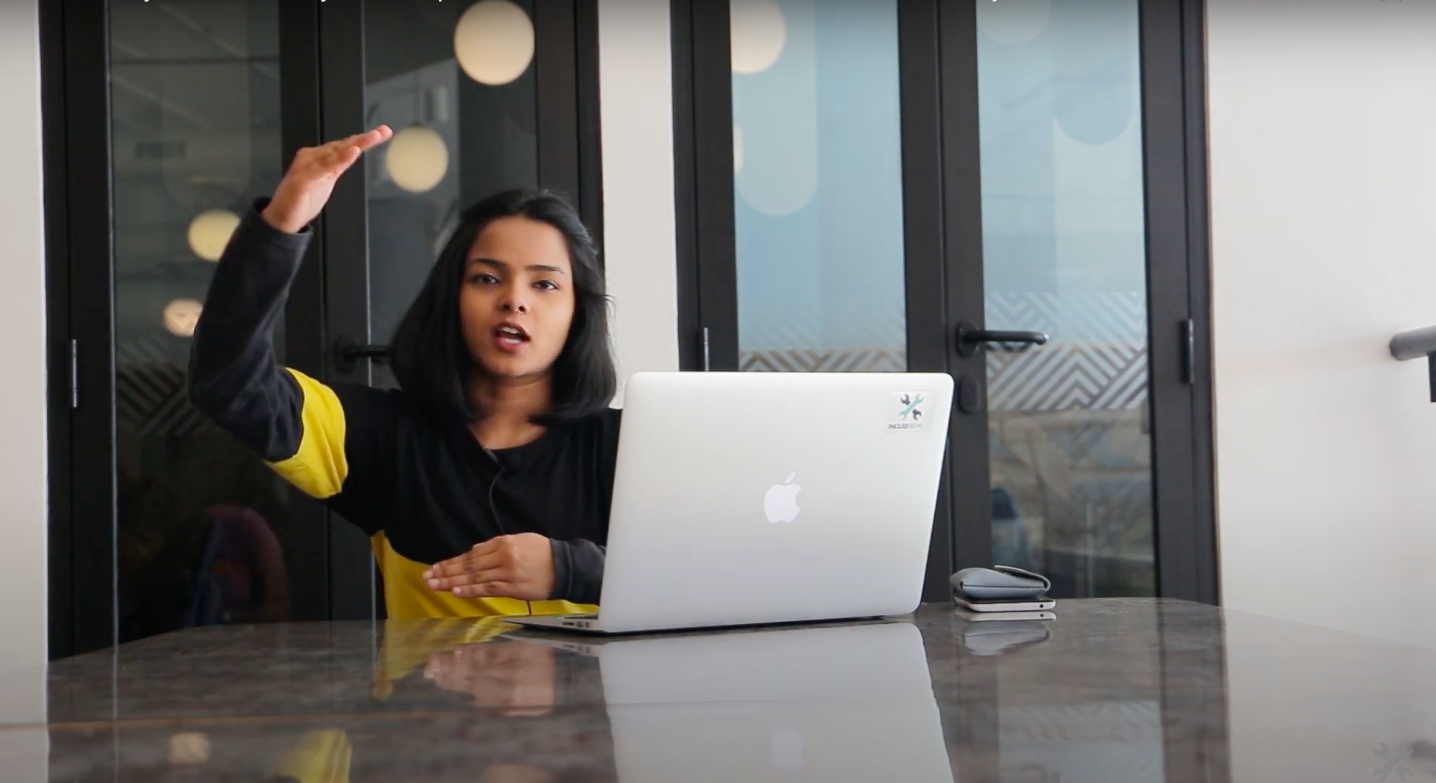In 2019, A Swedish school board was fined SEK 200000 amounting to ₹1545963.36 in currency conversion for using facial biometric system for marking attendance. I am naturally a positive human being, yet the facial biometric system in the office freaks me out. It is absolutely insane to share the extremely private and confidential data “Your Face” for the purpose of attendance management in offices.
The negative feeling is obvious since, I am not aware how my face will be used without my consent. Who guarantees the monitoring of the abuse of my face? It has happened before. The images of young women were morphed for abuse. Now the threat of Facial biometric systems is obvious. We are well aware about the controversial “bois locker room” how images of teenage women were shared in the chat group and made the subject of abuse. So are you sure that facial biometric systems won’t abuse your facial data? One thing that scares me the most is that you can never reset your face but you can always change or reset your password. Ofcourse, you can switch off your phone or laptop but can you switch off your face?
No Legal Framework
It is a fact that with facial biometric systems privacy is at risk. Deployment of facial biometric attendance systems will have a “chilling effect” on your office lifestyle. Okay! Let’s say your office marks attendance via facial biometric system but if the facial biometric attendance system takes over your life you won’t have a choice on the use or misuse of your face. That means you will never be opt-in / opt-out of facial biometric once you are registered. Facial recognition might look more secure but if hacked you can never have any opinion to change your face, rather you can always reset your face.
A University of Essex study found that the facial recognition system of the United Kingdom’s Metropolitan Police had targeted innocent people as suspects four out of five times. There are no laws that govern the use of facial biometric systems. But while few people know it, and even fewer are talking about it, absence of law means you can never fight in the court for the breach of your facial data.
In India, what we have under the guise of data protection laws are only captured under the IT Act sections 43A and 72A. If we were to apply these two provisions, the first level of violation (in using facial recognition) is in using technology that is an intrusive surveillance tool, without any legal basis – in the sense that no law allows anyone to use it. What it violates, hence, is a fundamental privacy right, as per this.
So we don’t have laws that allow the use of Facial Biometric systems and we do not have any regulatory process that ensures protection of your rights in the event of abuse of your facial data.
Hence, as citizens we have nothing that protects our facial biometrics.
About INCUBSENCE
At INCUBSENCE, Forget biometric. HR’s and employers are now deploying a non touch contactless non-human touch made in India attendance system as well as contactless non-human touch made in India access control system as a precautionary step to stop the spread of virus and bacterias in office.
How about your Phone becoming your access card? Your employee taps the phone on the attendance system or access control system entirely made by Indian Entrepreneur, Engineers and Scientist and access all the logs on a cloud dashboard. Such a connected devices contactless attendance system makes your phone an access card eliminating plastic access cards as well as containing the spread of viruses in office on the other hand.
Purchase infection proof non-biometric contactless touchless attendance as well as non human touch contactless access control system that’s touchless for a hygienic, healthier and more productive workplace. Attendance system or access control system is the first point of contact for every employee. Thus stop the spread of virus at your office doorstep.
As an HR choose a non human touch contactless touchless attendance system and non human touch contactless touchless access control system designed in India, Made in India by Indians.



